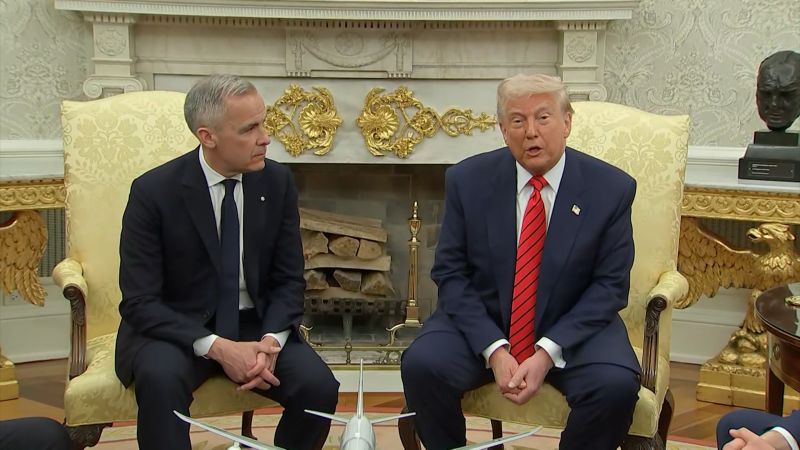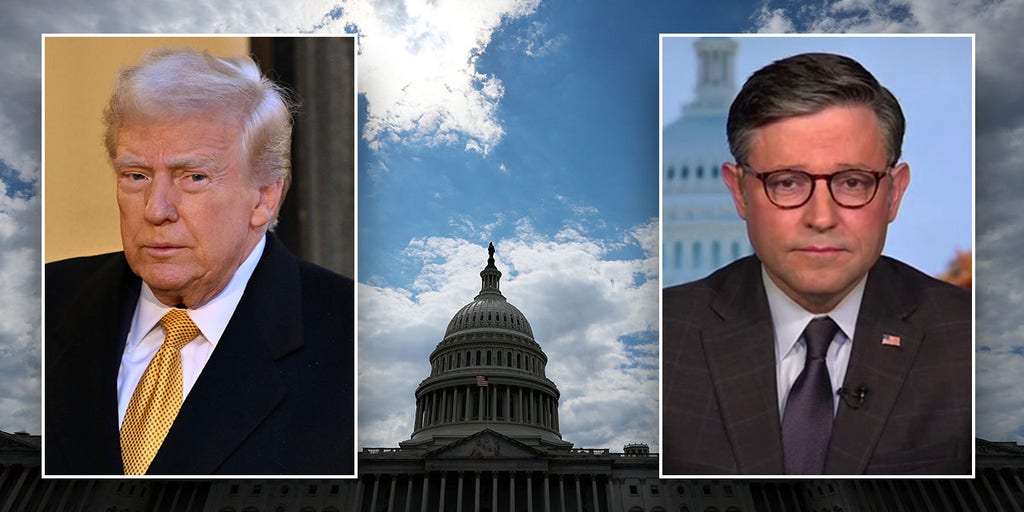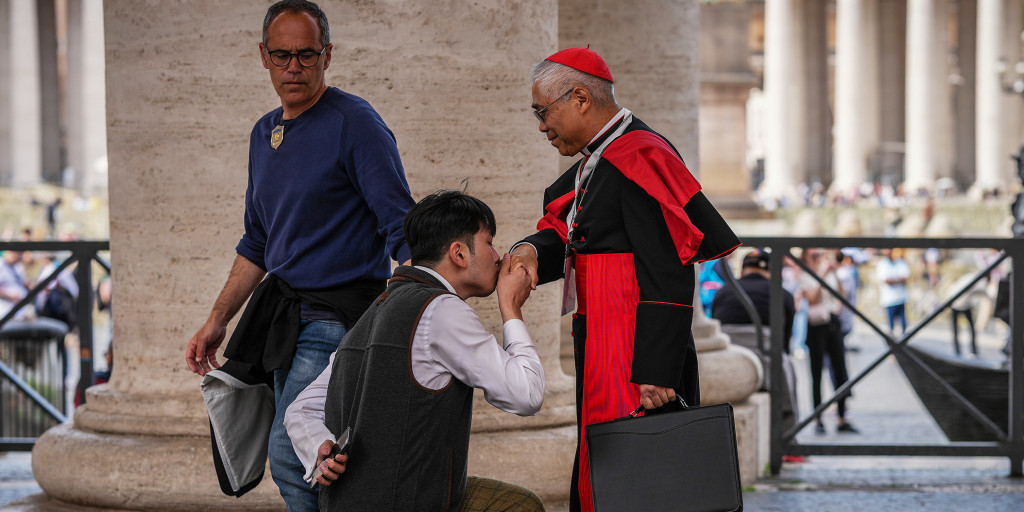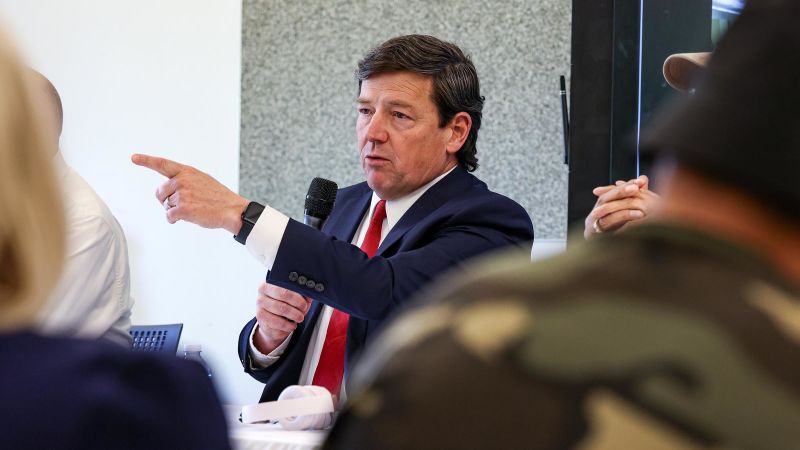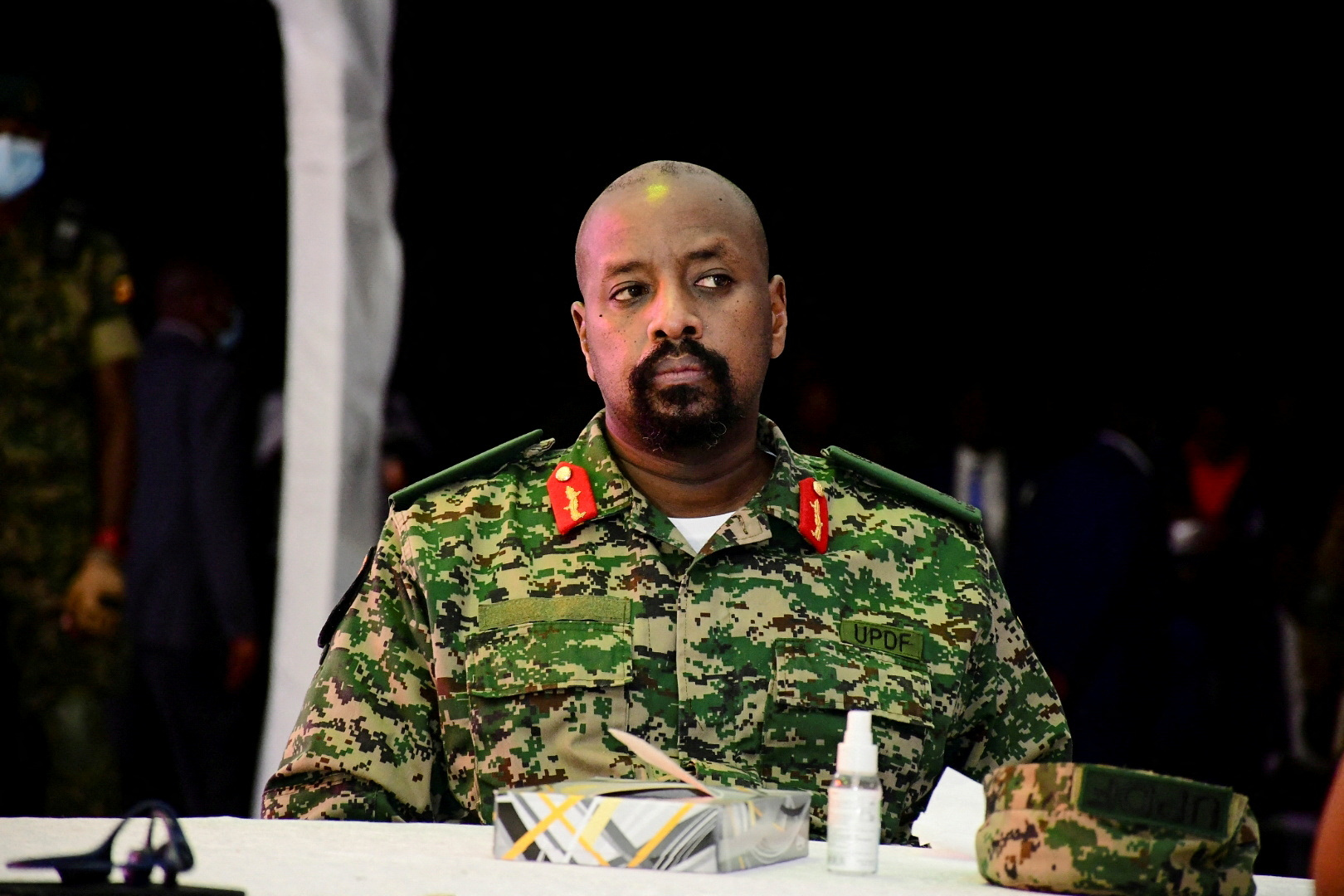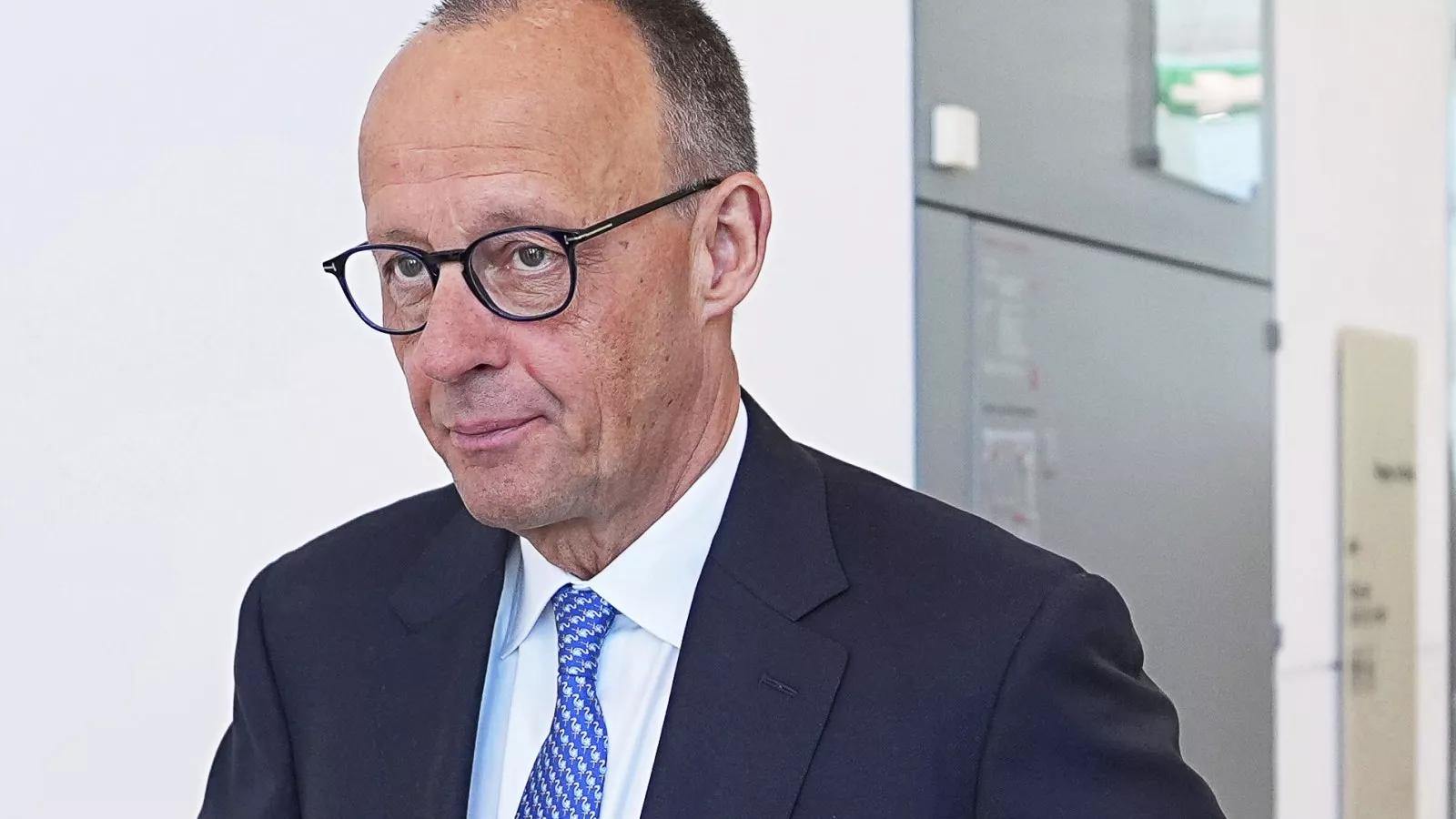
Legal Blockade: Court Halts Trump's Controversial Migrant Deportation Strategy
In a significant legal rebuke, a federal judge has decisively halted the Trump administration's controversial attempt to leverage the Alien Enemies Act for deportations, ruling that this wartime statute should not be misappropriated for current immigration enforcement. The landmark decision underscores the judiciary's commitment to preventing the misuse of historical legislation, particularly a law originally designed for extraordinary circumstances during times of armed conflict. By blocking the administration's deportation strategy, the judge has effectively drawn a clear line between emergency wartime powers and contemporary immigration policy. This ruling represents another critical moment in the ongoing legal challenges to the administration's immigration enforcement tactics, highlighting the crucial role of the judicial system in maintaining constitutional checks and balances. The judge's opinion suggests that repurposing a wartime act for routine immigration matters stretches the original intent of the legislation beyond its legitimate scope. Legal experts are viewing this decision as a significant precedent that reinforces the principle that extraordinary powers cannot be casually applied to standard governmental operations, especially when those powers could potentially infringe on individual rights and due process.


